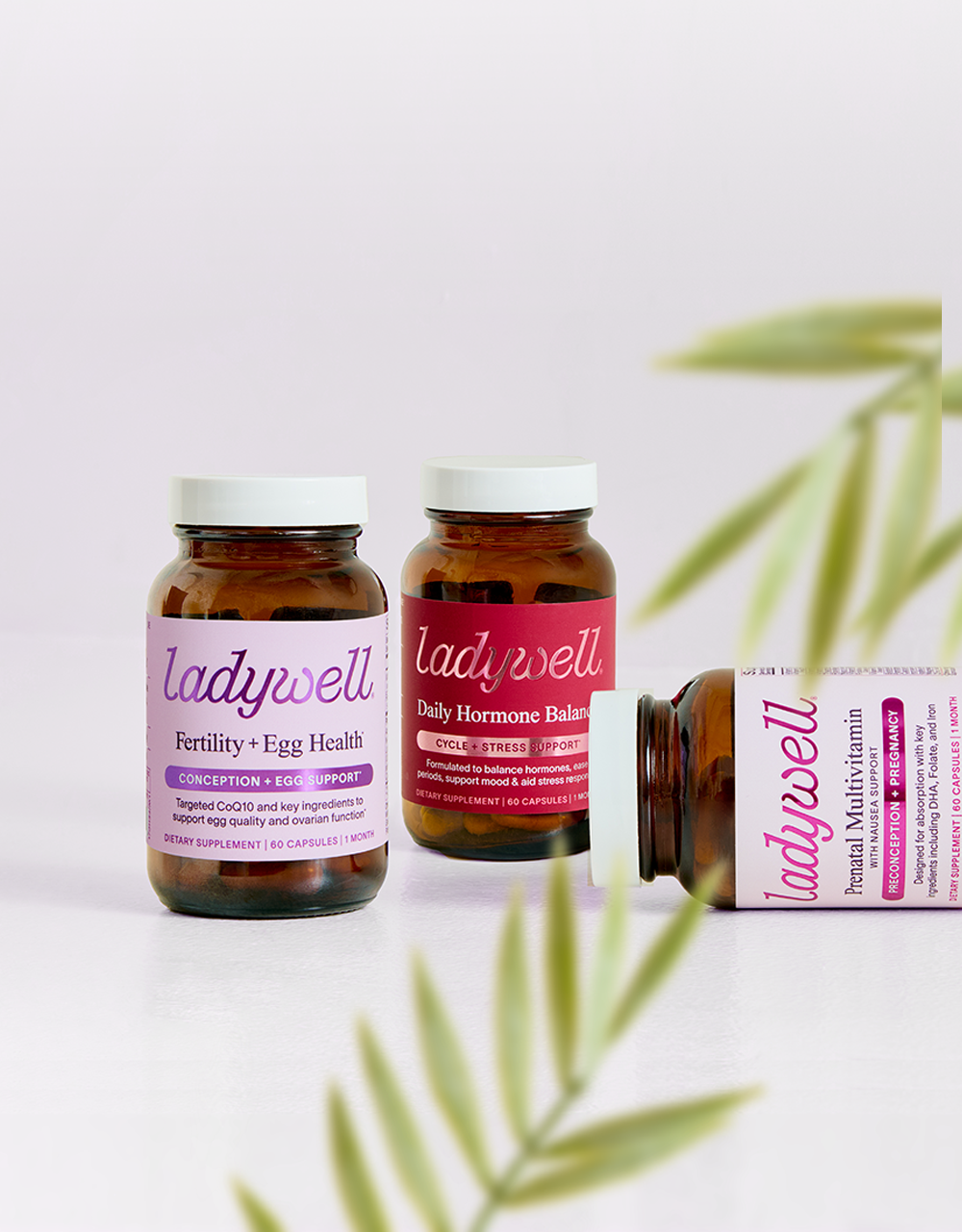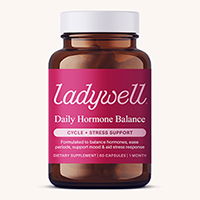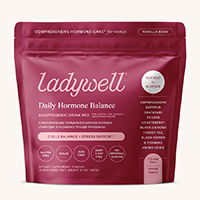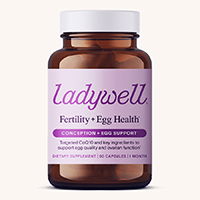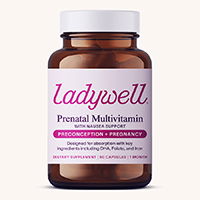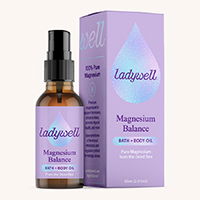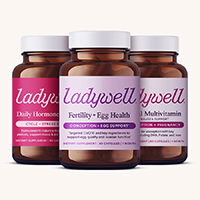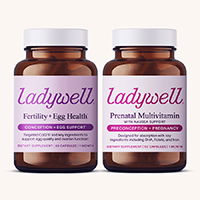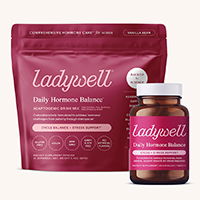The journey to conception can feel straightforward on the surface, but fertility involves a range of intricate biological processes. Here, we break down the key components of fertility and share practical steps to support your reproductive health.
The Menstrual Cycle: The Foundation of Fertility
Your menstrual cycle is a dynamic hormonal process that prepares your body for pregnancy. It consists of four key phases: menstruation, the follicular phase, ovulation, and the luteal phase.
- Cycle Overview: A typical cycle lasts around 28 days, though it can range from 21 to 35 days. It starts on the first day of menstruation and ends the day before your next period.
- Phases in Detail:
- Follicular Phase: Hormones stimulate egg development in the ovaries.
- Ovulation: Around the midpoint of your cycle, a mature egg is released.
- Luteal Phase: The uterine lining thickens, preparing for a possible pregnancy.
- Menstruation: If no fertilization occurs, the uterine lining sheds, resulting in your period.
Understanding your cycle is the first step toward optimizing fertility.
How Conception Happens
Conception occurs when sperm fertilizes an egg inside the uterus. For this to happen, sperm must reach the egg within 12–24 hours after ovulation. Timing intercourse during your fertile window is critical.
What Is the Fertile Window?
The fertile window spans six to seven days in your cycle: the five days leading up to ovulation, the day of ovulation, and the day after. Here’s why:
- Sperm Lifespan: Sperm can live in the uterus for up to five days.
- Egg Viability: Once released, the egg survives for 12–24 hours.
- Optimal Timing: Having sperm in the uterus before and during ovulation increases the likelihood of conception.
Identifying Ovulation
Recognizing ovulation helps maximize your chances of conceiving. Use ovulation tests or track physical signs such as:
- Changes in cervical mucus
- Increased basal body temperature
- Mild pelvic cramping
- Heightened libido
- Breast tenderness and bloating
- Mood or appetite changes
Tips to Enhance Fertility
- Follow a Nutrient-Rich Diet: Eating whole, unprocessed foods supports overall health. Include fertility-friendly foods rich in antioxidants, omega-3s, and vitamins.
- Consider Supplements: Prenatal vitamins for women and comprehensive multivitamins for men can fill nutritional gaps, especially when food alone isn’t enough.
- Manage Stress Levels: Chronic stress disrupts hormone balance, impacting fertility. Incorporate relaxation techniques like meditation or yoga.
- Maintain a Healthy Weight: Being underweight or overweight can interfere with reproductive hormones. Aim for a balanced weight to support fertility.
What to Avoid When Trying to Conceive
- Smoking and Vaping: Both harm reproductive health, reducing sperm quality and ovarian function.
- Excessive Alcohol: Alcohol consumption has been linked to reduced fertility in both men and women.
- High Caffeine Intake: Limit caffeine to 200 mg per day (approximately one 12-ounce cup of coffee).
- Diet Drinks: Artificial sweeteners like aspartame may negatively affect sperm and ovarian health.
- Endocrine-Disrupting Chemicals: Avoid harmful chemicals in household and personal care products. Use resources like the Environmental Working Group’s database to identify safer options.
Understanding Infertility
Infertility affects approximately 9% of men and 11% of women in the U.S. It’s defined as the inability to conceive after one year of unprotected intercourse (or six months for women aged 35 or older).
- Female Infertility: Often linked to ovulation disorders, hormonal imbalances, or structural issues in the reproductive organs.
- Male Infertility: Can result from low sperm count, poor motility, or other health conditions.
Support Fertility with Supplements
For those seeking to optimize their reproductive health, Ladywell’s Fertility + Egg Support supplement offers targeted nutrition designed to support egg quality, hormonal balance, and overall fertility. Formulated with a blend of science-backed ingredients such as CoQ10, folate, and antioxidants, this supplement is crafted to nourish your body during the critical preconception phase. Whether you’re actively trying to conceive or planning for the future, Ladywell’s commitment to high-quality, bioavailable nutrients ensures you’re giving your body the best possible support for a healthy conception journey.
We also recommend to prepare your body for pregnancy and beyond with Ladywell’s Prenatal Multivitamin, a complete formula designed to meet the unique nutritional demands of preconception, pregnancy, and postpartum. Packed with essential vitamins and minerals like methylated folate, choline, iron, and DHA, this multivitamin supports healthy fetal development, energy levels, and maternal well-being. Gentle on the stomach and made with bioavailable ingredients, Ladywell’s Prenatal Multivitamin ensures you and your baby receive the optimal care you deserve during this transformative time.
When to Seek Medical Advice
Consult a healthcare provider if you’ve been trying to conceive for over a year (or six months if over 35). Consider early intervention if you or your partner has a history of:
- Irregular cycles or hormonal conditions
- Previous pelvic surgeries or infections
- Miscarriages or ectopic pregnancies
- Testicular injuries or erectile issues
Final Thoughts on Fertility
Understanding your body and implementing lifestyle changes can significantly improve your chances of conceiving. If challenges persist, don’t hesitate to seek medical advice to explore your options.
Disclaimer
The information provided in this blog is for educational purposes only and is not intended as a substitute for professional medical advice. Always consult a qualified healthcare provider before making any changes to your health regimen, especially if you are pregnant, nursing, or taking any medications.




